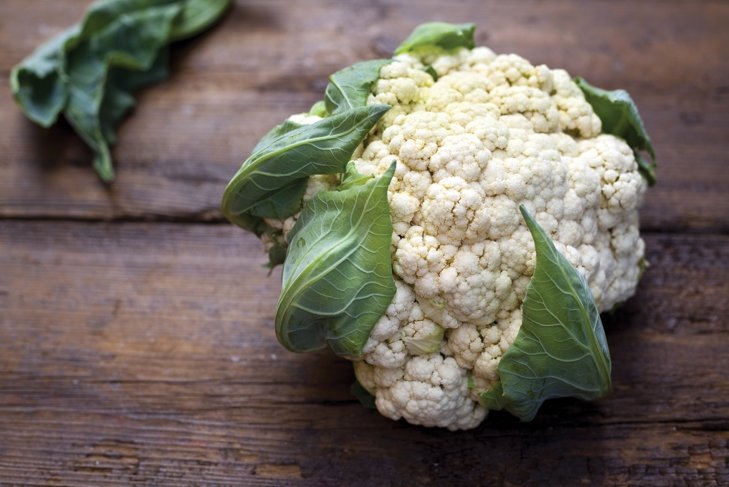
Want to avoid winter weight gain? Check out these three tried, tested, and nutritionist-approved strategies, and break out of your annual cycle of rigorous exercise and restrictive dieting next summer!
As temperatures fall, weight gain tends to rise. Without the motivation of pool parties and other summer events, many of us cast aside our summertime weight management regimen in the same way that we trade summer dresses for loose-fitting knits.
Taking a break from strict nutrition plans and encouraging moderate indulgence can help you maintain your sanity and long-term successful weight management; however, allowing the seasons to drive your eating routine from one extreme to the other comes at a cost.
Fluctuating weight affects metabolism and energy levels, and it can also deeply affect us psychologically, leading to shame, guilt, a lack of self-worth, and, sometimes, depression. It’s usually a slow progression absent of any destructive intention. We’ve all been there: running in the rain is a drag, and then a salad for dinner seems unfulfilling. Soon, the number on the scale inches up and a numbing lethargy sinks in.
Break free of seasonal weight gain and use these three tips to stick with your goals year-round.
Eat the fruits of the season
The fruits and vegetables of a particular season provide us with the vitamins, minerals, and other nutrients our bodies need to adapt and thrive during that time. Choose to serve a mashed cauliflower dish instead of mashed potatoes at Thanksgiving, or use baked spaghetti squash to replace pasta. These healthy alternatives reduce your carbohydrate and calorie intake—and they’re higher in nutrients.
Mind your portions
In the summer, we fill our plates with fruits and vegetables. When fall comes, we often maintain generous portion sizes with high-calorie foods such as cream-based soups or chicken pot pie. Adopt the motto, “Indulge a little, enjoy a lot.” Rein yourself in periodically by actually measuring servings, and balance out indulgent recipes by adding a healthy serving of nonstarchy vegetables to increase fibre and satiety.
Track it to triumph
Journalling or keeping a simple food log that tracks your feelings, emotions, and energy levels can provide valuable insight into some of your most detrimental eating habits and behaviours. Regardless of whether the notes you take immediately influence your eating decisions, they’ll help you learn your triggers and be better equipped to remove them for greater success over time.

